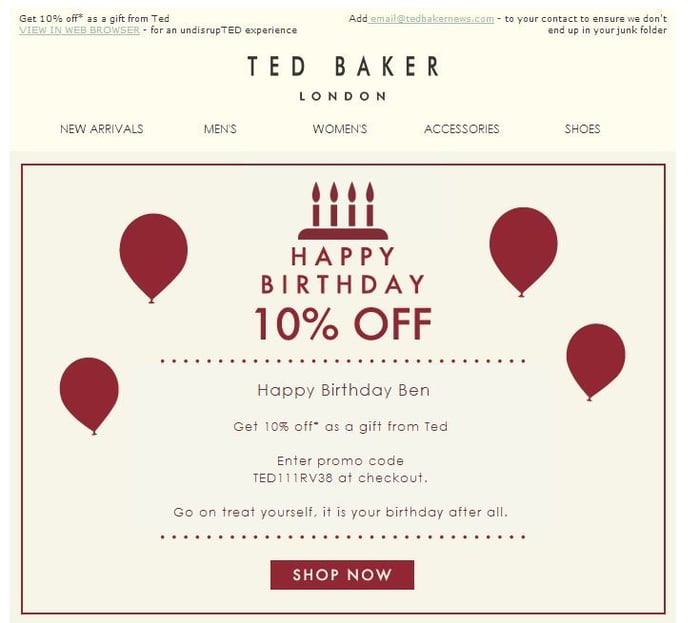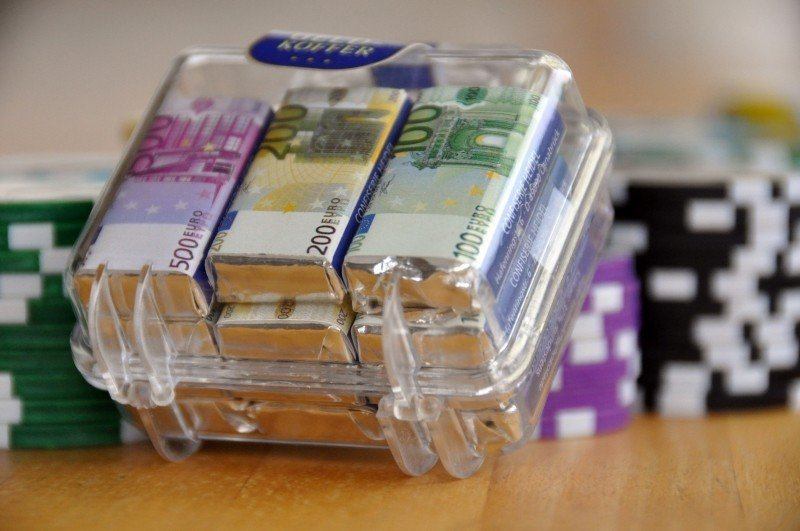Here's the rest of the Marketing definitions, so you can learn all about the new techniques to use in your business strategy!
Find the first twenty definitions here.
21 - Marketing events
It is based on the creation of original events in order to leave a mark on consumers' minds (flashmobs, street Marketing, etc.) Thanks to social networks, the videos and photographs taken during the event can become viral.
22 - Local Marketing
Local Marketing is simply a strategy deployed in a particular geographic area region, county, city based on characteristics specific to that area. On a multinational scale, Local Marketing corresponds to an adaptation of the strategy to the customs of a country.
23 - Niche marketing
Niche Marketing refers to individualized and highly targeted communication. Niche market products are specialized and do not have high sales volumes (e.g., cars for people with limited mobility) but typically have high margins. Inbound marketing is particularly effective in accompanying this type of promotion.
24 - Operational Marketing
Operational Marketing is the stage that follows Strategic Marketing (see definition 28). It is Action Marketing, the one that implements the strategies to achieve the previously defined objective.
25 - Promotional marketing
It corresponds to all the Marketing techniques used for a product on promotion. This is translated, for example, with posters where the percentage of the discount on such and such an item is written. It is particularly used in supermarkets where the products on sale are highlighted, especially at the entrance of the store. In the digital world, this type of Marketing is consolidated thanks to interactive banners, which can for example link the promotion to a time countdown, including an additional urgency effect.
26 - Relationship Marketing
Relationship Marketing groups together the actions aimed at building a lasting relationship with the consumer, then strengthening and enriching it to fidelize.
This link is established through a dialogue between the consumer and the brand through different channels such as social networks, the website, emails, etc. It is reinforced if necessary with a reward system (special promotions, loyalty card, etc.) It is opposed to transactional Marketing.
Inbound Marketing is the heir of relational Marketing.

27 - Sensory Marketing
In this type of Marketing, the senses of consumers are stimulated in order to generate interest and reinforce the brand image while increasing sales volume. In Abercrombie & Fitch stores, fragrance and music are played, items are lit up and fabrics are worked to be pleasant to the touch.
28 - Strategic Marketing
Strategic Marketing precedes Operational Marketing (see definition 24). It involves defining a Marketing policy and strategic choices (targeting, segmentation, positioning, needs).
It stems from long-term research work: diagnosis, market research, etc.
29 - Transactional marketing
Transactional Marketing values the product, the act of purchase, the moment of the transaction and the amount of the transaction. It does not take into account the relationship with the customer and is therefore the opposite of Relationship Marketing.
30 - Mobile Marketing
Mobile Marketing is about using mobile phones, and in particular smartphones, to reach potential customers. From SMS to in-app advertising, this type of Marketing is still developing.
31 - Viral Marketing
Viral Marketing refers to the term "virus" in the sense of spreading. The goal is to get prospects and customers to spread the marketing message themselves to their loved ones and on social networks.
No need to buy advertising space, you "just" need to harness your creativity to make an impression!
32 - Neuromarketing
Neuromarketing is concerned with the physiological reactions of consumers who are watching this or that advertisement. The effectiveness of a message is scientifically evaluated based on the areas of the brain that are stimulated and the facial behavior.

33 - Outbound Marketing
Contrary to Inbound Marketing, Outbound Marketing corresponds to classic Marketing strategies. Close to push Marketing, it is the company that will spread the advertising message to potential customers. It is therefore about conducting direct actions.
The effectiveness of this approach has been widely questioned in recent years, due in particular to the feeling of fed up Internet users and the use of tools such as anti-spam or adblockers.
34 - Remarketing
Synonymous with "Retargeting" (retargeting in French), Remarketing consists of re-targeting a consumer who has visited the brand's website through display ads. Emailing can also be a way to remarket to a prospect who has dropped their virtual cart.
35 - Reverse Marketing
With Reverse Marketing, the consumer has the opportunity to give feedback, request an improvement or even suggest that a company create a new product. Amazon is the champion of Reverse Marketing.
36 - Search Marketing
Search marketing refers to all the techniques used for good SEO. It includes natural search engine optimization (SEO) as well as commercial search engine optimization (SEA).
It is essential to optimize your visibility on the Internet to increase sales volume and for brand image.
37 - Smarketing
Contraction of the words "smart" and "Marketing", the Marketing is the coordination of Marketing and Sales teams in a company. This involves exchanges of information (needs and doubts expressed by customers) or even the joint determination of buyer personas.
38 - Stealth Marketing
Stealth marketing is getting an advertising message across without looking like it.
Mercedes used this technique by creating a trailer for a fake movie "Lucky Star"(with actor Benicio Del Toro). The brand is neither named nor is its logo shown. It is when consumers inquire about the film that they discover the clever "deception."
39 - Street Marketing
Street marketing refers to the realization of brand promotion operations in public places. Very popular, flashmobs are an example of effective Street Marketing. Thanks to QR codes, Street Marketing has also entered the digital age.

40 - Webmarketing
Webmarketing simply groups together the Marketing actions conducted via the Internet. Constantly evolving, it is THE field where you have to innovate and stand out.
Do these Marketing techniques inspire you? Have you already used them?









